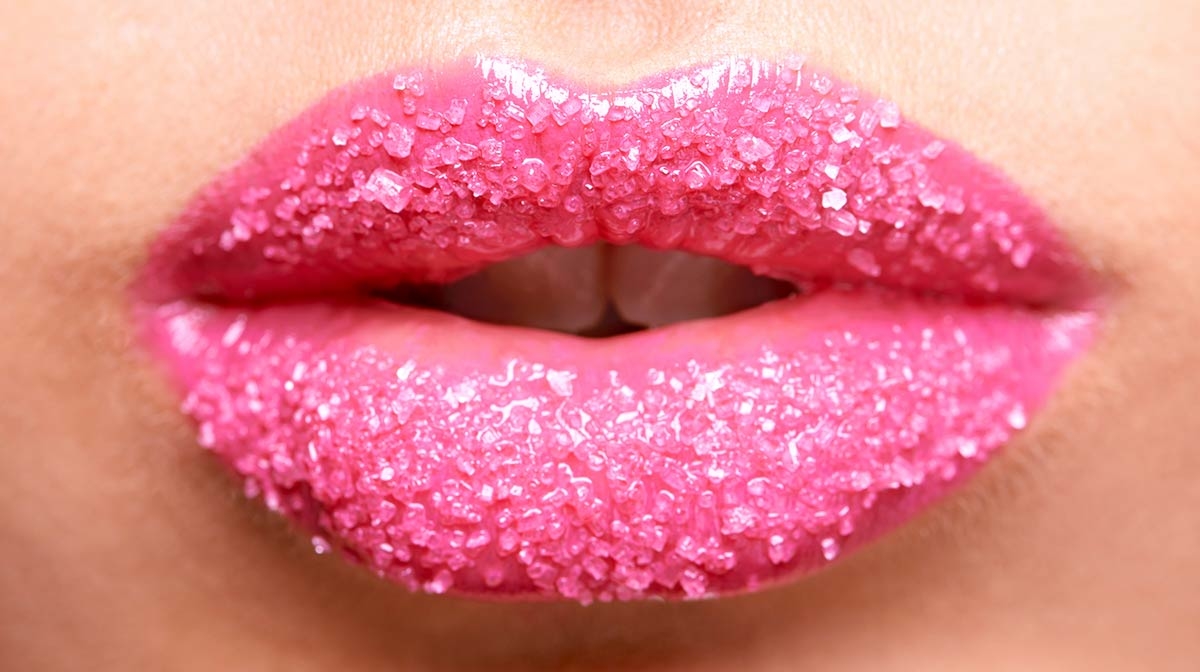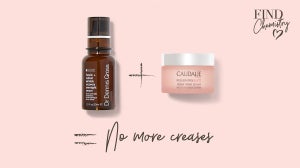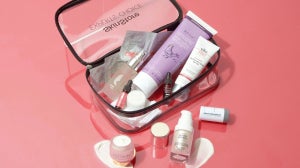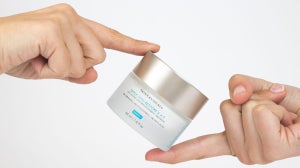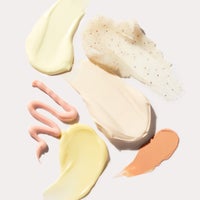
As the colder months draw in, our diets might usually begin to change ever so slightly. Switching to comfort eating in the dark evenings, usually in the form of carb-loaded snacks in front of the TV, alongside a glass of wine, could be the only small changes you need to accidentally increase your sugar intake without even knowing it. Everyone knows that sugar isn’t great for the body and can lead to weight gain, but did you ever stop to think what it might be doing to your skin?
How does glycation relate to ageing?
Modern diets are largely heat-processed and filled with sugar, as a result they contain high levels of advanced glycation end products (abreviated to AGEs). The resulting glycation process can cause problems for the skin - the excess sugar in the blood is attracted and attaches to the proteins in our body like a magnet. Proteins collagen and elastin (responsible for youthful and plump skin) are at higher risk and given that these proteins diminish naturally with age, sugar intake really does becomes a bigger concern with each passing year.
The glycation process makes these proteins brittle - almost like the sugar on top of a crème brulee. These brittle and abnormal proteins snap and break down, appearing on the skin in the form of wrinkles and lines.
Unfortunately glycation cannot be stopped or reversed, but it can be delayed A diet higher in raw food and low in refined sugar can help. Also, try to avoid high-fructose corn syrup (shown to increase glycation by 10x) if possible.
How can I avoid accelerating the AGE process?
- If you smoke, now is a good time to quit. Smoking uses the antioxidants available in your body, leaving the skin less able to protect itself against glycation and free radicals
- Reduce food/drinks high in high fructose corn syrup
- Reduce the intake of refined carbohydrate foods as this breaks down into quick-release sugar. Try replacing it with slow release carbs such as brown pasta and rice
- Drink green tea, an excellent antioxidant which will help you reduce the effects of glycation
- Reach for products that are packed with antioxidants and protect your collagen and elastin levels

Related Articles

